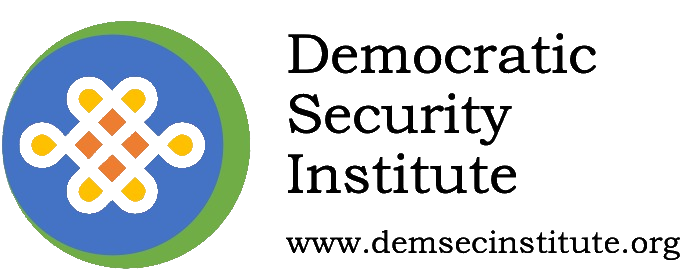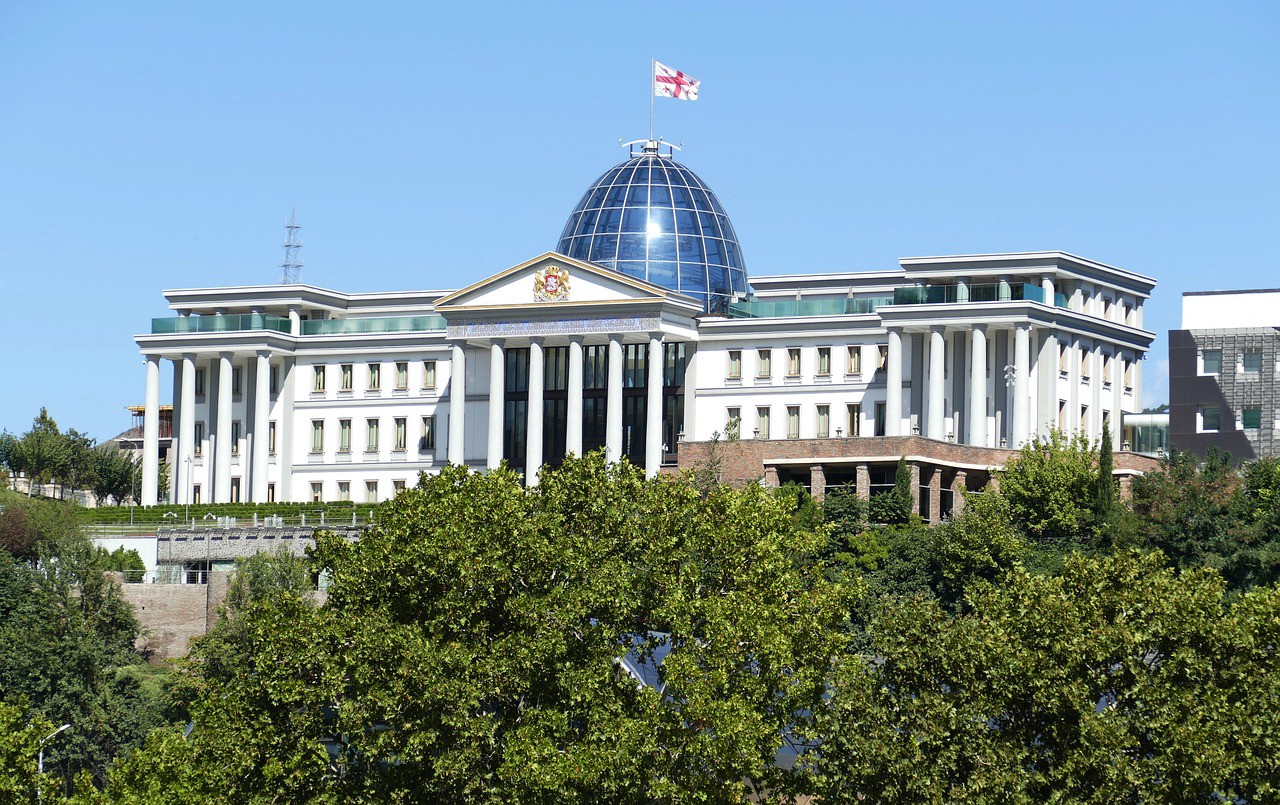Lessons learnt from the 2018 Presidential elections
Tornike Zurabashvili is an independent political analyst based in Tbilisi, Georgia. From December 2016 through June 2019, he edited Civil.ge, Georgia’s leading English-language daily news and analytical platform. He is currently a fellow at the Eurasia Democratic Security Network.
Find the Georgian version of this article here:
Abstract
This article explores the phenomenon of polarisation in the Georgian context. It does so by scrutinising the underpinnings of political division during the country’s most-recent nationwide polls — Presidential election of 2018. Although Presidents carry a largely ceremonial role in Georgia, the campaign was characterised by an unprecedented degree of polarisation — radicalisation of public opinion, verbal attacks and active smear campaigns in social media dominated the pre-election environment. This article attempts to understand the sources of such extreme polarisation. To do so, it reviews the political context behind the Presidential election. It then provides an overview of campaign strategies of two major contenders — the Georgian Dream-backed Salome Zurabishvili and Grigol Vashadze of the United Opposition. It also examines the role of television and social media in fueling partisan divisions. The paper concludes that the degree of polarisation reached a dangerous threshold during the Presidential election and that it could potentially threaten the country’s democratic record.

